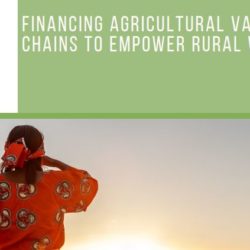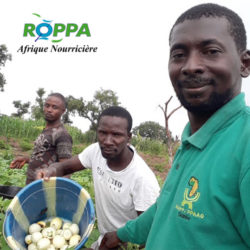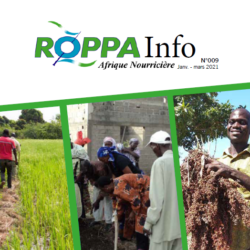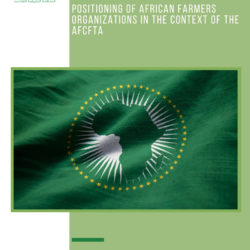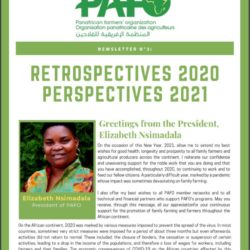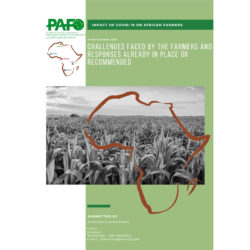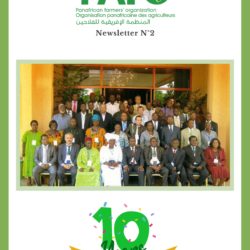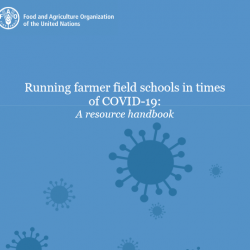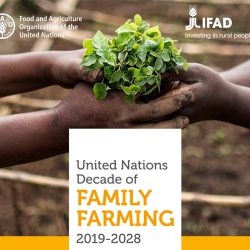Financing agricultural value chains to empower rural women
The Pan-African Farmers Organization has published a new report on financing agricultural value chains to empower rural women. The farmers organizations united within PAFO, as the most inclusive agricultural institutions, are committed to empowering rural women engaged in the agrosilvopastoral and fisheries sector. They offer them spaces for advocacy around the concerns of farmers from the local to the global level and to help ensure their effective participation in various

